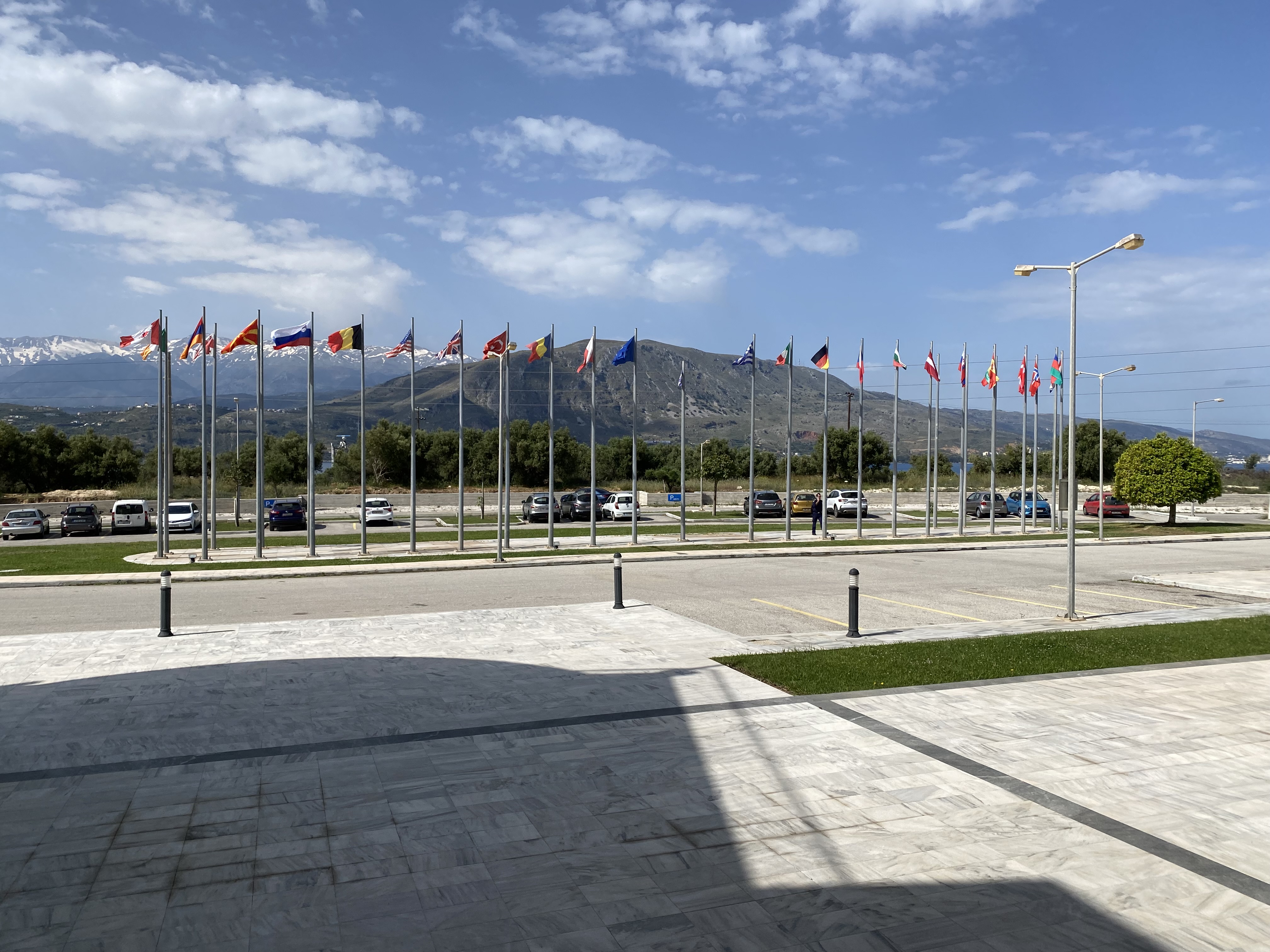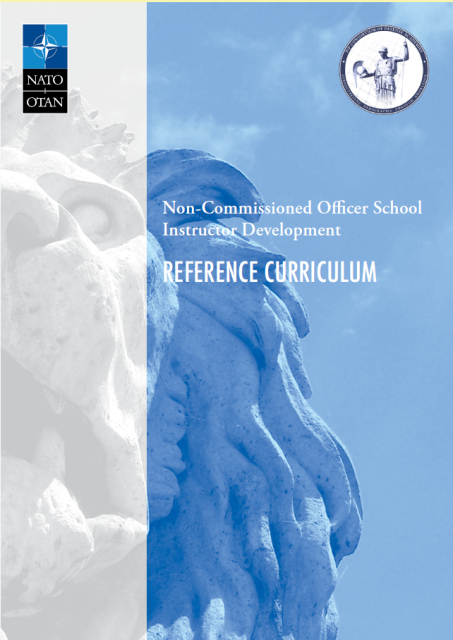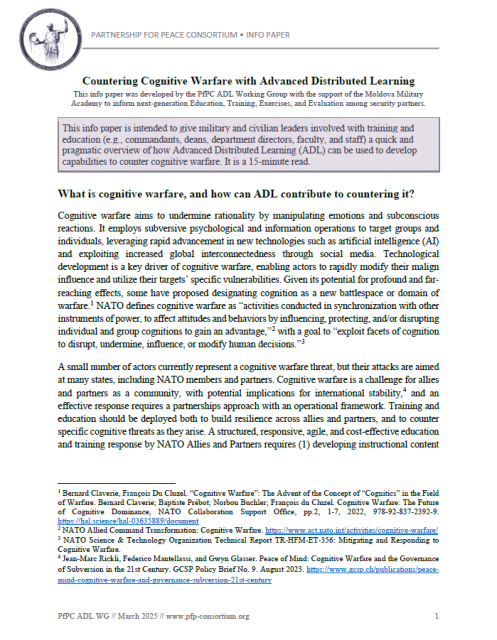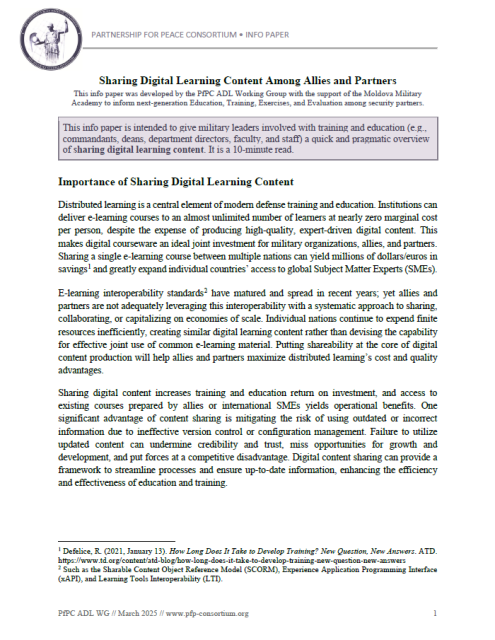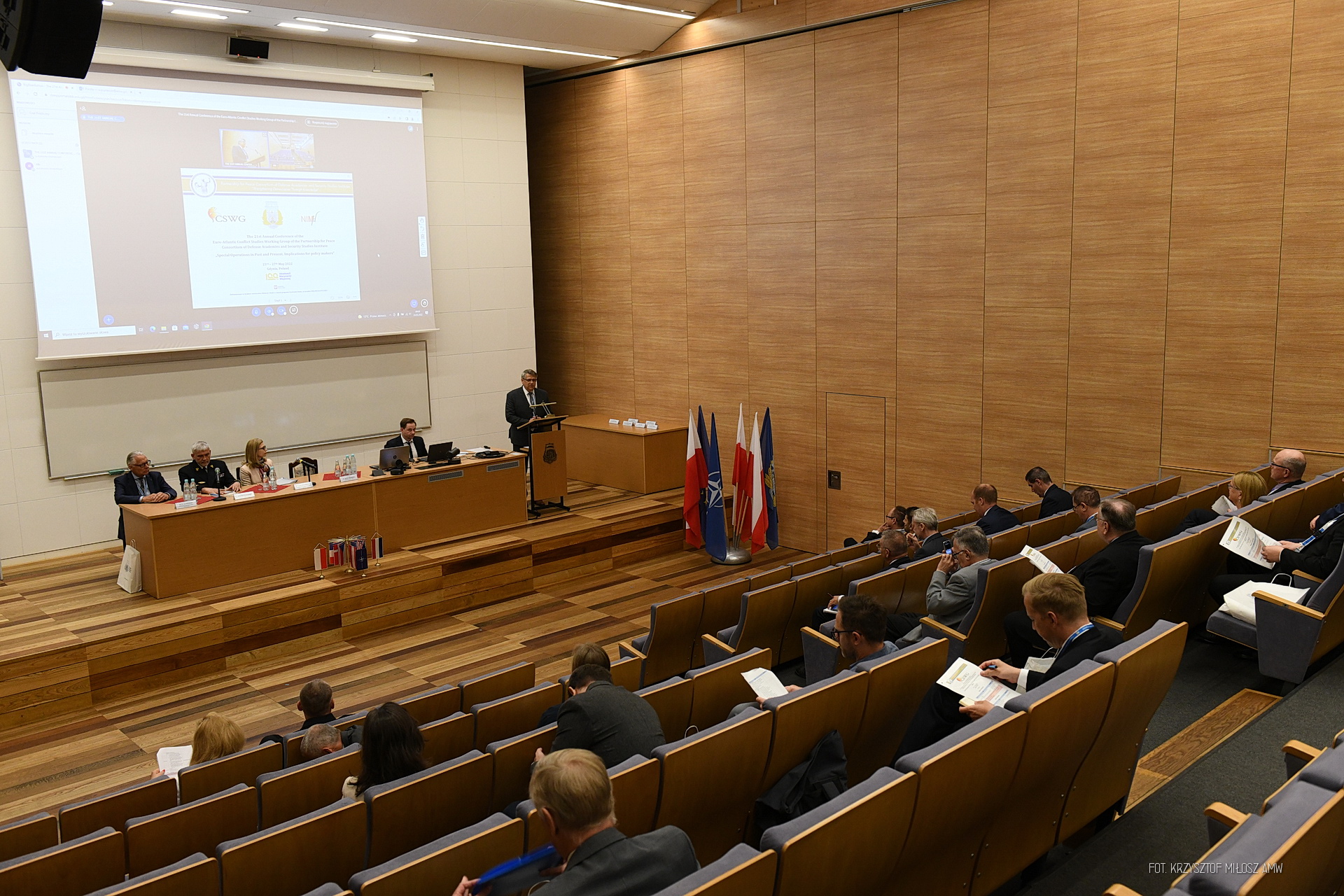
Gdynia, Poland, May 23-27, 2022 - The PfP Consortium of Defense Academies and Security Studies Institutes held the 21th Annual Conference of the Conflict Studies Working Group. Organized by the Naval Academy of the Heroes of Westerplatte from Poland and the Institute of Military History, Ministry of Defense of Netherlands, the conference addressed the topic: “The Role of Special Operations in Past and Present. Implications for Policy Makers”.
Representatives of the co-organizing institutions underlined the need to broaden the scientific dialogue and extend the war studies especially having in view the dramatic changing of the international geopolitical environment and the return of war and conflict as instruments of projecting power and achieving political interests. From this perspective, studying military history provides a valuable platform of analyzing and understanding the typology of states’ behavior in times of strategic turmoil, the changing role of the armed forces, and the need to shape their tasks and missions in accordance with the strategic-military requirements and imperatives. The more we know about war, the better equipped we will be to make the right choice and see our peace and stability efforts succeed.
The Conflict Studies Working Group gathered 34 military historians, researchers and specialists on strategic affairs from 17 countries for this conference, in order to present 18 academic research papers focused on various aspects regarding the issue of the special operations forces. The general topic allowed the participants to have an open and broad dialogue, relevant from both historical and contemporary perspective, on various historical and operational dimensions that shaped the role and missions of the special forces in both war and peace times.
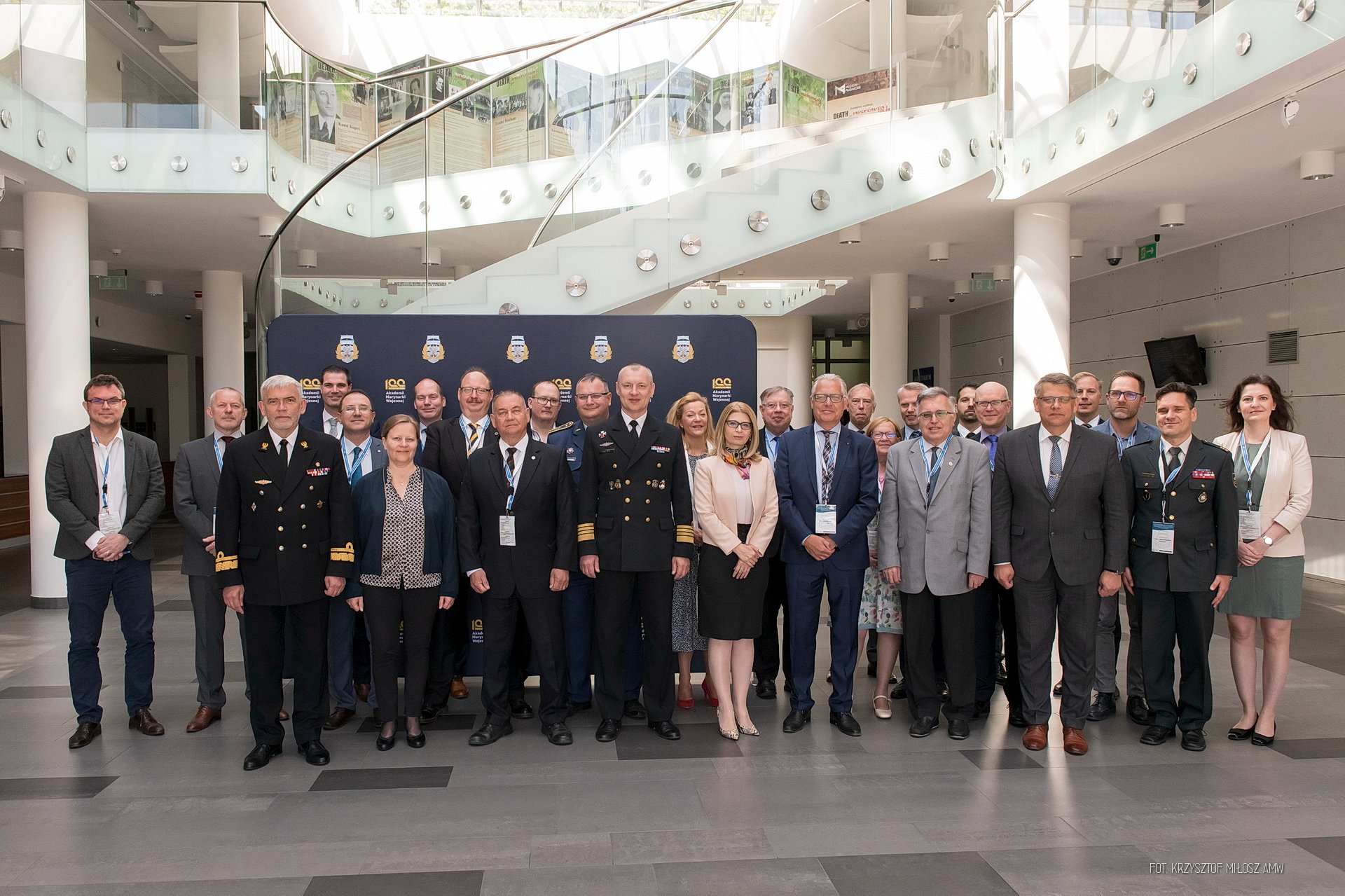
The participants underlined the fact that the place and role of the special forces remain an important subject of discussions for the political and military decision-makers. There is an obvious need for each country to adapt the missions and tasks of the special forces to answer to the specific security threats and challenges.
The discussions highlighted the proliferation of terms and definitions related to special forces and operations, a reconsideration of this type of military force and its operations in accordance to each time period being absolutely necessary. The conference also highlighted the need for a correct reflection of the SOF activity among the public opinion, a portrayal that must also reflect the ethical dimension of their activity.
In fact, one issue discussed at the conference was that of ethics and morality in relation to the specifics of special operations, with an emphasis on the concept of “self-leadership” and on the need to educate “citizens in uniform” about the importance of democratic values.
Yet, there is a number of issues that still need to be clarified regarding the use of special forces, the type of action or the specific areas of responsibility.
The case studies presented at the conference demonstrate once more that history can and does provide us with valuable information and knowledge that can be used to better understand the topic of war and also how historical experiences can be used as cues and pointers by the political and military decision-makers. The security environment is constantly changing and the current threats and challenges are becoming increasingly complex, thus influencing the specific missions of the special operations forces.
Learn More about the CSWG here.

